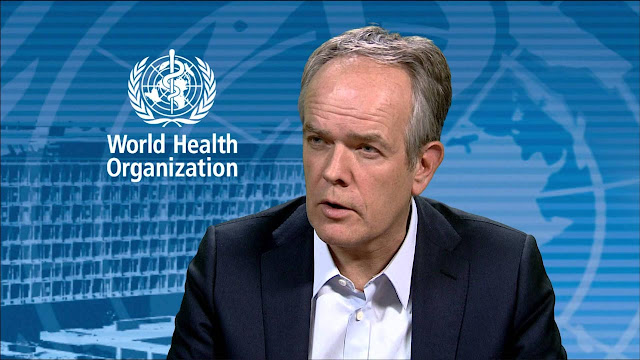Dr. Etienne Krug.
A group of United Nations (UN) agencies led by the World Health Organisation (WHO) and partners has launched seven interlinked strategies tagged INSPIRE to reduce violence against children.
The WHO, in a statement yesterday, which said the approaches have all been tested and all have shown concrete results, noted that by bringing them together, it hopes to dramatically reduce instances of violence against children.
The seven strategies highlighted in the INSPIRE package are:
• Implementation and enforcement of laws: such as those limiting access by young people to fire-arms and other weapons (South Africa) and those criminalising the violent punishment of children by parents (many European countries).
• Norms and values: by changing beliefs and behaviours around gender roles (India, South Africa, Uganda and the United States).
• Safe environments: by targeting violent “hotspots” and enhancing the built environment, for example, by improving housing (Colombia, United Kingdom, and the United States).
• Parent and care-giver support: such as the provision of training in parenting (Kenya, Liberia, Myanmar, South Africa, Thailand, and the United States).
• Income and economic strengthening: including microfinance combined with training around gender norms (Afghanistan, Cote d’Ivoire, South Africa, Uganda, and the United States).
• Response and support services: such as treatment programmes for juvenile offenders (many European countries and the United States).
• Education and life skills: for example, establishing a safe school environment and improving children’s life and social skills (China, Croatia, South Africa, Uganda, and the United States).
Director at WHO, Dr. Etienne Krug, said: “Knowledge about the extent and harm of violence against children is growing, together with evidence about effective strategies for prevention.
“Now, we need to build on that knowledge to work collectively to create the safe, stable and nurturing environment that will protect children and adolescents from violent harm.”
According to the WHO, the partnership aims to bring together governments, UN agencies, civil societies, private sector, researchers and academics to build political will, promote solutions, accelerate action and strengthen collaboration to prevent violence against children.
The initiative also aims to support achievement of the Sustainable Development Goals to “end abuse, exploitation, trafficking and all forms of violence against and torture of children”, and implementation of World Health Assembly Resolution WHA69.5 on the “WHO global plan of action to strengthen the role of the health system within a national multi-sectoral response to address interpersonal violence, in particular against women and girls, and against children.”

No comments:
Post a Comment